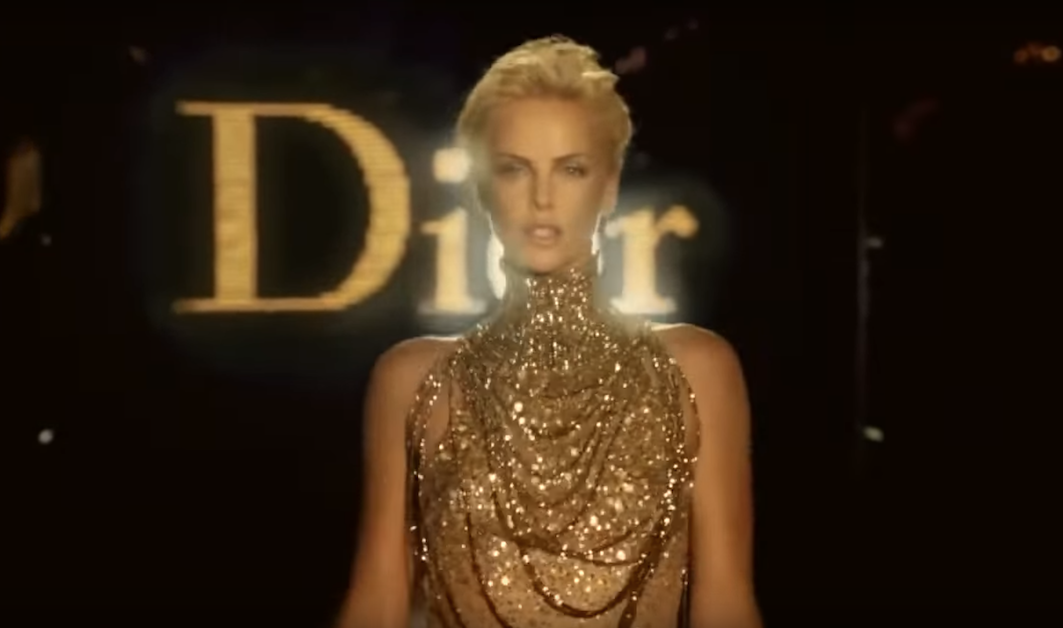I’m always curious about how other songwriters approach their craft. Maybe they’ve got some clever tricks I could use. Or maybe I’d just like to be reassured that we all do things basically the same way, that I’m not out on some weird, lonely trail all by myself.
So a while ago, I started asking other songwriters the question: “When do you write songs?” I got a wide range of answers—some expected, some not.
The “happy accident” approach
The largest number of songwriters said something like “I write when I feel inspired.” No surprise there. When an idea hits you that’s obviously a good time to write.
When a lyric or melody line suddenly comes to you, get it down right away. If you’re not near your keyboard or guitar, record a vocal version of your idea on your smartphone. Rough out a verse and chorus, filling in the lines you don’t have yet with nonsense syllables.
If there’s a tempo or groove that comes with it, clap or count it out on your recording. The more you can grab at the moment of inspiration the better off you’ll be.
The “Do it when I can…” style
Many songwriters said they try to write at least one day per week. Pro songwriters write more often than that, usually every day. Even if you don’t have gobs of time to spend on your songs, you can do something related to your songwriting every couple of days. Here are some ideas…





